
Why Donald Trump could win the US election
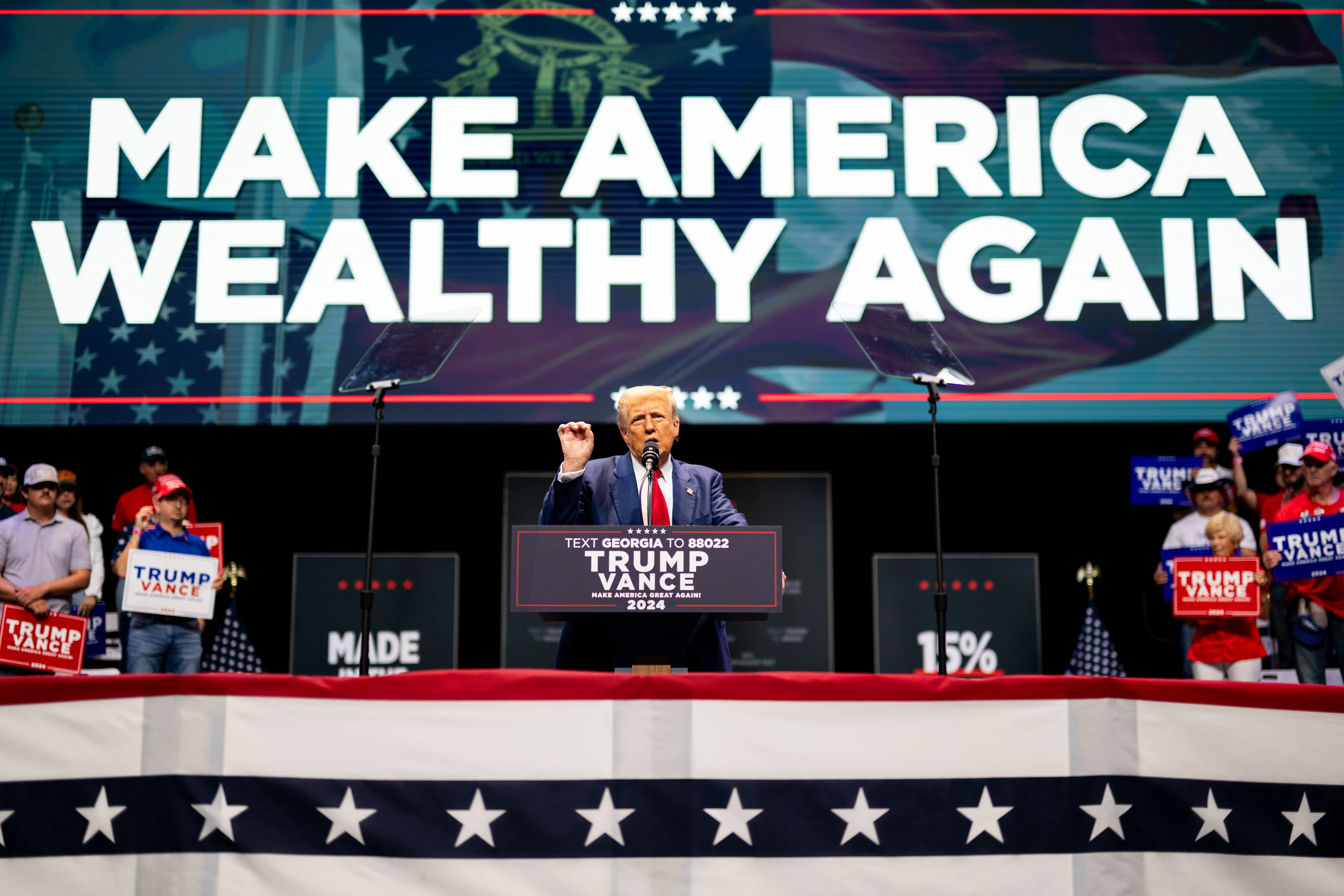
The first in this two-part series explores why the Republican candidate and former president may have an advantage over his Democratic rival
Published 11 October 2024
The United States was designed according to ‘the science of politics’ (Federalist Papers No. 9). Founders like James Madison and Alexander Hamilton were among history’s greatest political scientists.
But the crucial device needed to predict the winner of this year’s presidential election is a coin.
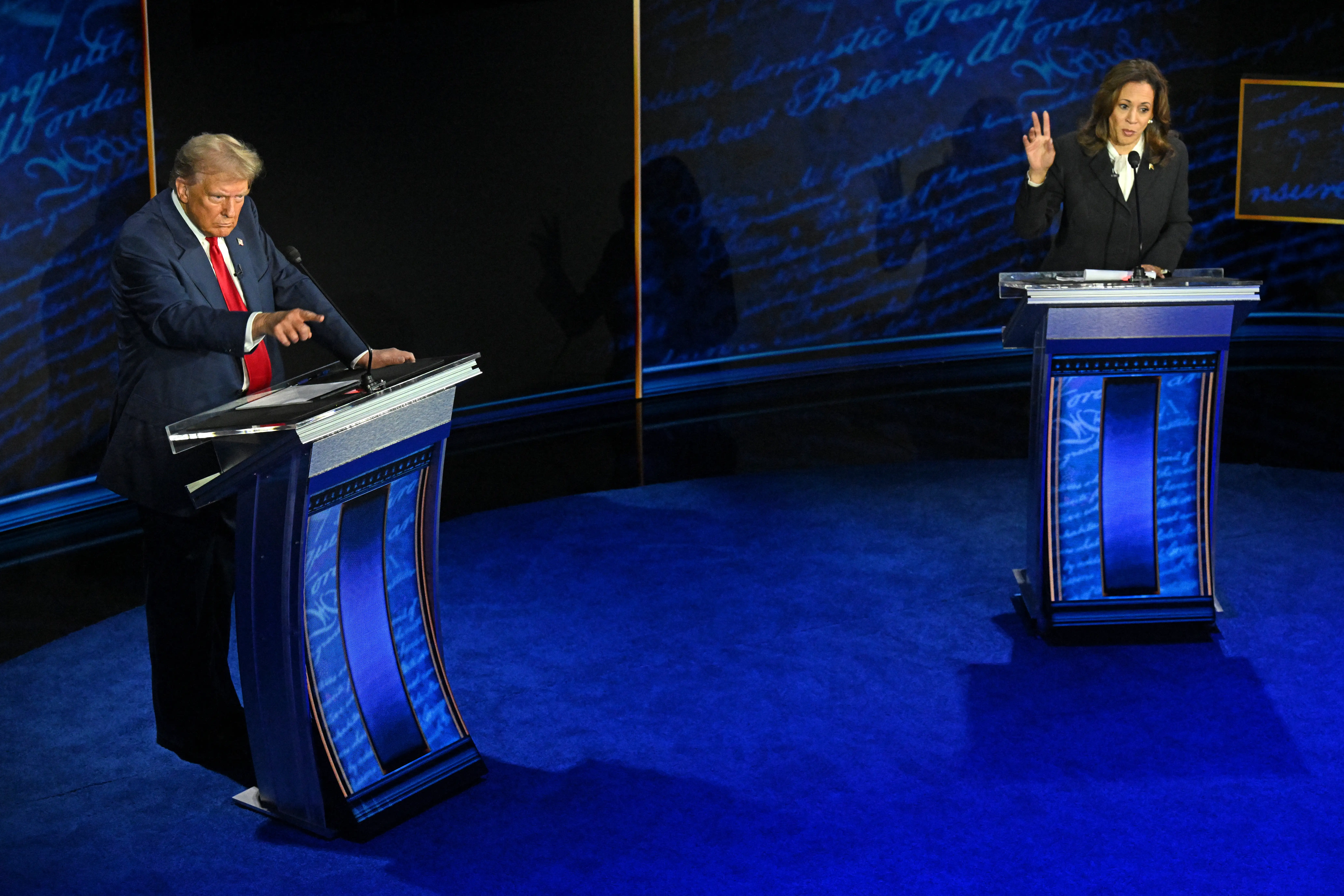
That coin will be worth 18 per cent less than it was in 2020. And herein lies a key problem for the Democrats.
Their candidate owns the economic pessimism widespread among US voters. This and several other factors weaken Kamala Harris’s chances of the 270 electoral votes she needs to end Trump’s presidential ambitions.
But Donald Trump also faces challenges.
On November 6 (we hope), one of these statements will be true: “I don’t think people liked Kamala that much”. Or “They just didn’t want to go back to Trump’s chaos”.
Which is the more likely to obtain?

Reasons Trump might win
First, the economy. Trump’s first great advantage is the widespread feeling of economic distress.
Democrats own this vibe whether or not economists blame them for it (and many do). Inflation has been stubbornly resistant to federal manipulation. Ask Jim Chalmers.
Touting job creation and soon to be (but not yet) falling interest rates won’t displace a longing for the 2017-21 Trump boom.
Second, nostalgia. Misplaced or not, this constitutes a second key strength of the Trump campaign.
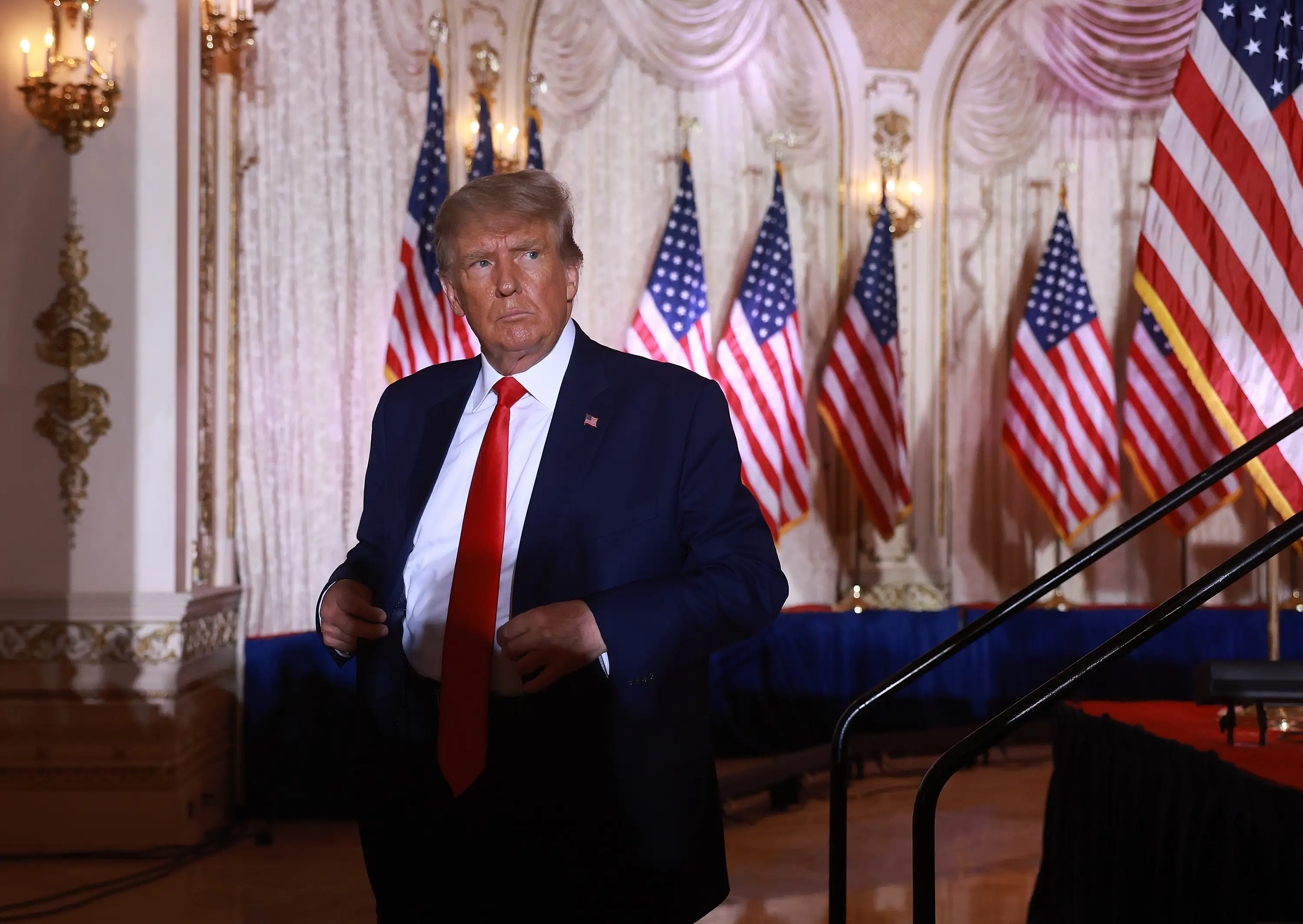
As we move further away from his administration, fondness for some aspects of it have grown. Democrats want voters to remember the January 6, 2021 insurrection. They have possibly oversold this terrible day.
It is the happy times of economic growth, of sticking it to China on trade, of Trump as wealth creator-in-chief that seem to have lodged themselves in the popular consciousness.
There is also the nostalgia for the war-free world of Trump’s term. This is, of course, an exaggeration.
But he was the first president since Jimmy Carter (1977-81) not to invade anywhere.

Politics & Society
The Afghanistan withdrawal: This is what decolonisation looks like
Before him were bloody civil wars in Afghanistan, Iraq and Syria. After him was Russia’s invasion of Ukraine and Hamas’s of Israel. In-between, Trump’s mad-man theory kept aggressors in check and America and its allies at peace.
Again, like economic nostalgia, this doesn’t have to be true to be an electoral asset for Republicans. It is very hard for Kamala Harris to sell world peace as the defining feature of the Biden-Harris White House.
Add illegal immigration to the mix – the upsurge in illegal crossings at the Mexican border happened under a Democrat administration – and Harris’s international credentials look thin indeed.
She was initially empowered to check what Trump calls ‘an invasion’. She failed.
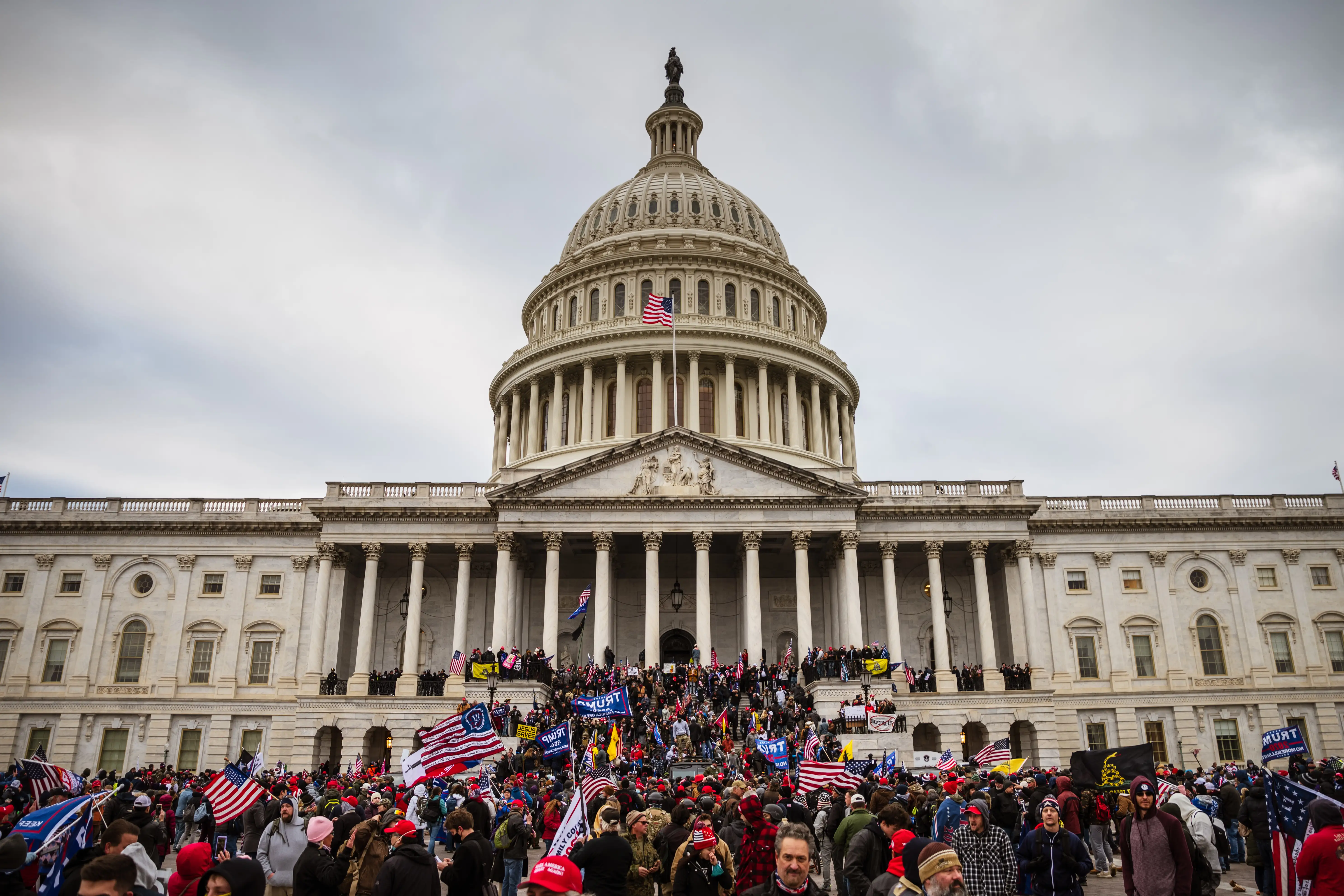
Third, do the math. The electoral college math favours Trump.
Two points to bear in mind here: he can win barely 47 per cent of the vote but carry most of the electoral college (EC) votes. Harris could not lose the popular vote and win. Trump can. He did it in 2016.
Forty-six point one per cent of those voting gave him 306 EC votes. Hillary’s 48.2 per cent gave her only 227. Trump won 30 states to her 20.
Pennsylvania will likely be key. It has replaced Ohio as the bellwether state. “As goes Ohio, so goes the nation” is now said about PA, the Keystone state.
With only weeks to go, polls show a dead heat. If Trump can win its 19 EC votes, he is likely to become president. The state is a microcosm of the wider US. It is rural and urban. It is high tech and rust belt. It returns leaders of both parties to state power.

Politics & Society
The words we hear in this US presidential debate have power
Harris possibly miscalculated when she denied its popular governor, Josh Shapiro, a place on the ticket.
‘Tiananmen Tim’ Walz (the nickname was earned by his confusion over being in Hong Kong during the 1989 massacre), the man Harris did pick as her running mate, won’t win her Minnesota; she will win that anyway. Shapiro may have won Harris Pennsylvania; she cannot afford to lose it.
Fourth, Kamala Harris, despite the hasty make-over, remains a weak candidate. Her first campaign to be president fizzled quickly in 2019. She never even made it to a primary in 2020.
Turnover of her staff was high – an indication of discontent with her leadership style. As vice president this hardly improved.
There is a persuasive argument that the Democratic establishment persisted for so long with a clearly failing Joe Biden because of reservations about Harris. Barely six months ago, to urge that she replace him was met with incredulity across the political spectrum.
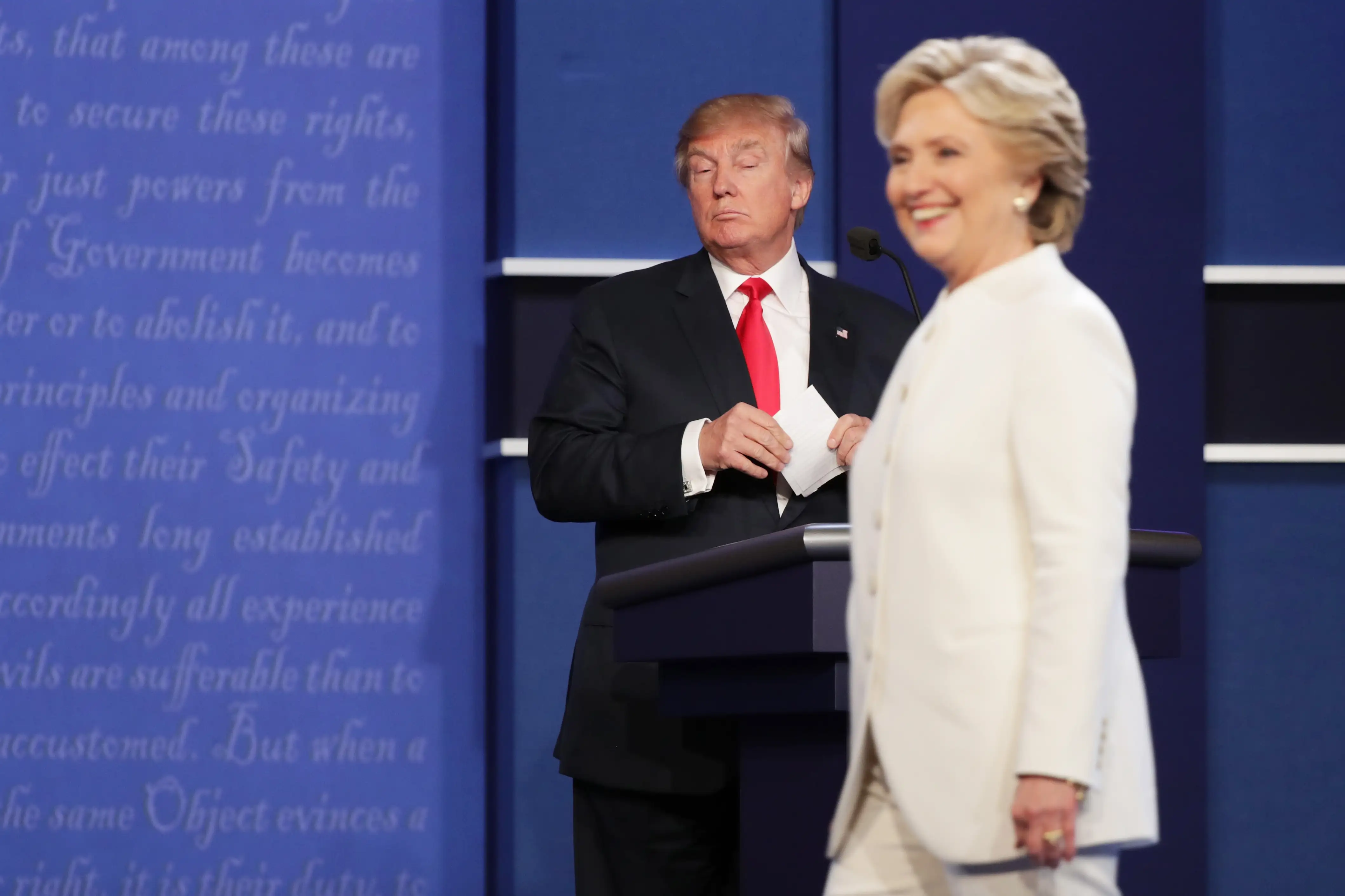
Her elevation to Democratic saviour was remarkable. Perhaps too remarkable? The ‘politics of joy’ convention held in Chicago, anointing her, papered over some of the cracks.
But some mediocre media interviews, only partly offset by a good debate performance against Trump, have not allayed fears.
Voters have known Trump the politician since 2015 and as a TV personality for decades. Love him or hate him, Americans get where he is coming from and what he believes.
They do not have the same confidence about Harris. Having abandoned her previous positions on fracking, electric vehicle mandates, and mandatory gun buybacks, it is legitimate to ask: what principle will she not change to appeal to centrists?
Peggy Noonan, the veteran campaign watcher, observed that in the few media interviews she has consented to, Harris "couldn’t or wouldn’t answer a single question straight, and people could see it. She is an artless dodger".
Trump calls her a Marxist. But it is her running away from her previous left-wing positions that may cost her votes.

Politics & Society
Is this the end of the “American Century”?
Fifth, Trump has beaten a female opponent before.
Hillary Clinton was a much more accomplished politician than Kamala Harris. Trump still beat her. Harris has studiously avoided Clinton’s big mistake: alienating Trump supporters by casting them into a ‘basket of deplorables’.
But she is running against type. Her new-found centrism has been something of a Damascene conversion. If significant scepticism about it endures, not helped by highly selective media appearances, it may be enough for Trump to sneak over the line.
Sixth, there is a racial realignment underway.
Identity politics was meant to channel people of colour into the Democratic party. Joe Biden claimed, “if you have a problem figuring out whether you’re for me or Trump, then you ain’t black”.
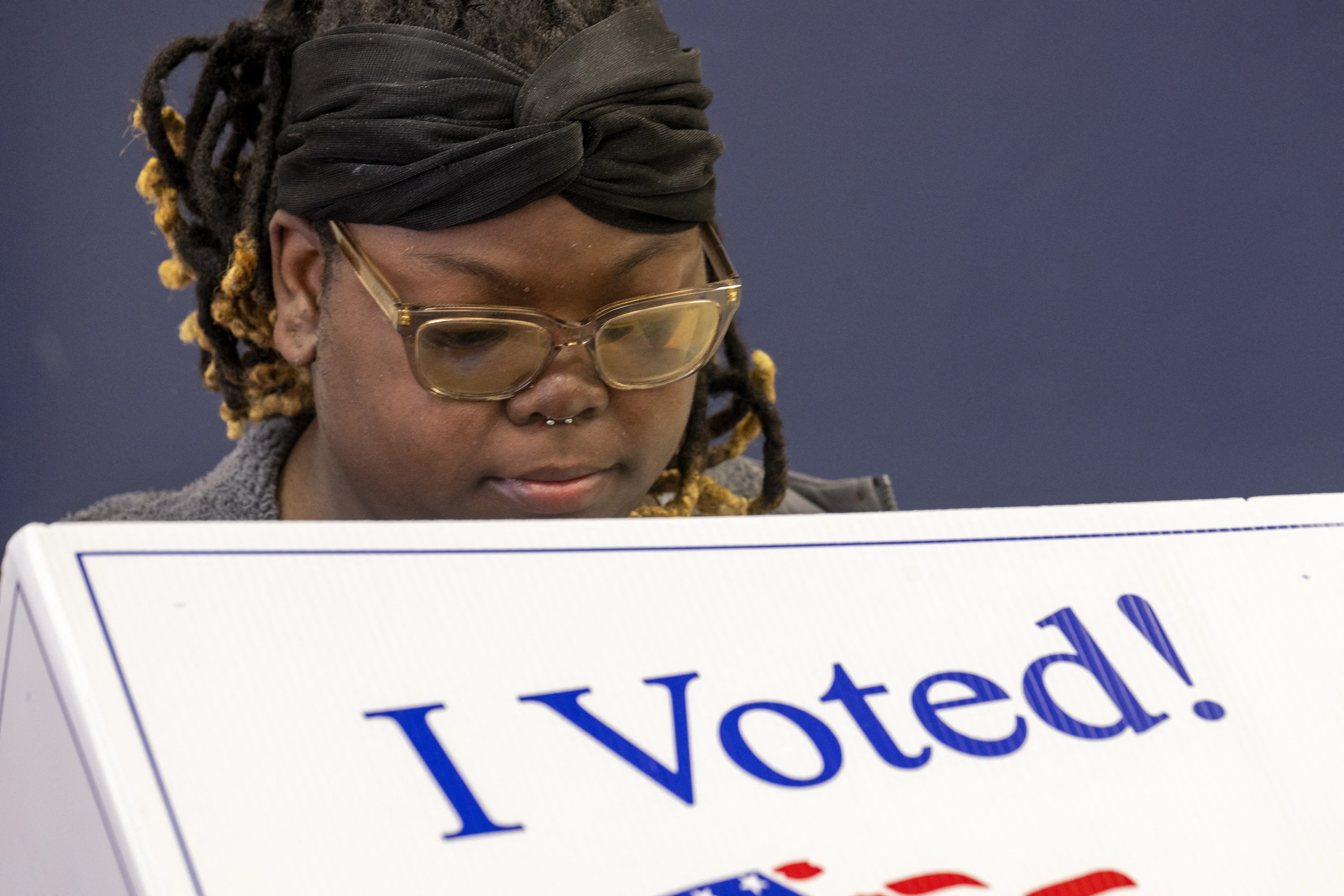
But the racial determinism progressives have long relied on is starting to fracture – ironically as the first woman of colour runs for the White House.
Between 2016 to 2020, Trump doubled the number of African American men voting for him – from a low base but doubled all the same. According to a recent study, nearly a third of black people now identify as ideologically conservative.
One in five black men will vote for Trump this year. Mitt Romney won only 27 per cent of Hispanics in 2012; Trump is likely to win 40 per cent.
As things stand, notes the Financial Times’ John Burn-Murdoch, “the Democrats are going backwards faster with voters of colour than any other demographic”.
In an election where the margins are razor thin, tiny movements, one way or the other, could prove decisive.

Politics & Society
The long shadow of the Cold War
Is Trump on the verge of inaugurating a multiracial conservative movement? Hard to be definitive here. He is certainly the most popular GOP candidate with voters of colour since Richard Nixon in 1960.
Harris’ chances
Flipped that coin yet?
Despite his felony conviction, twin impeachments, two assassination attempts, and inability to accept that he was no longer running against old Joe Biden, Donald Trump could well win.
He would become only the second man in American history to be elected to a non-consecutive second term as president. Can Kamala Harris stop him? Her chances are considered in part two of this series.
Professor Tim Lynch is part of a debate on the upcoming US election with former Biden staffer and PhD candidate Cory Alpert on 15 October 2024. This is the third event in the In Pursuit of Knowledge series, which brings together University of Melbourne experts to examine and illuminate the critical issues of our time.
